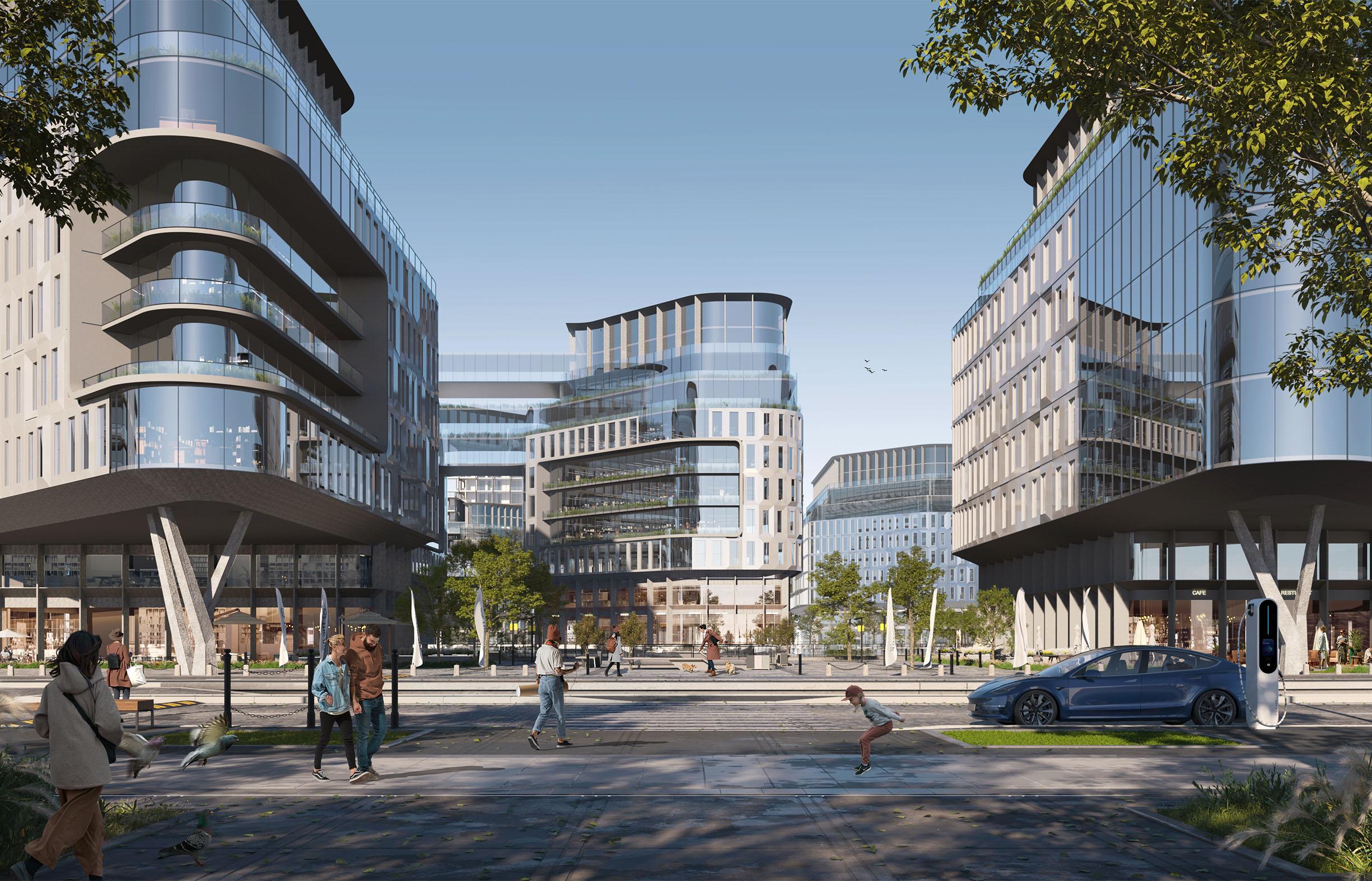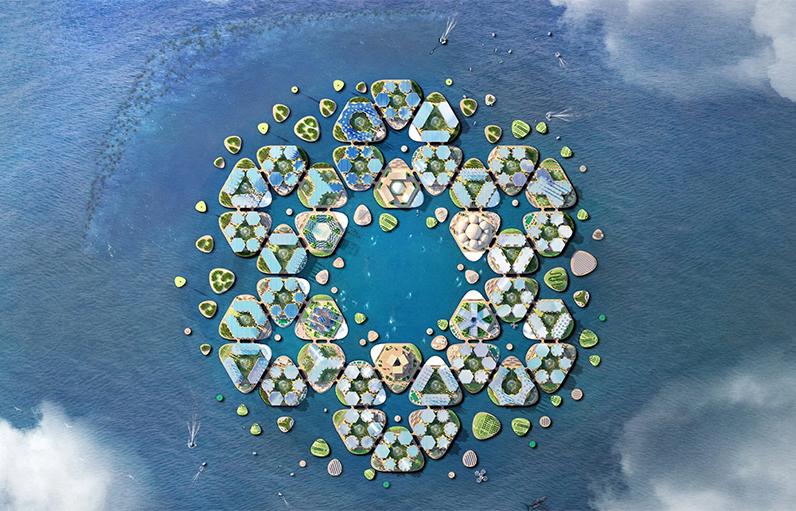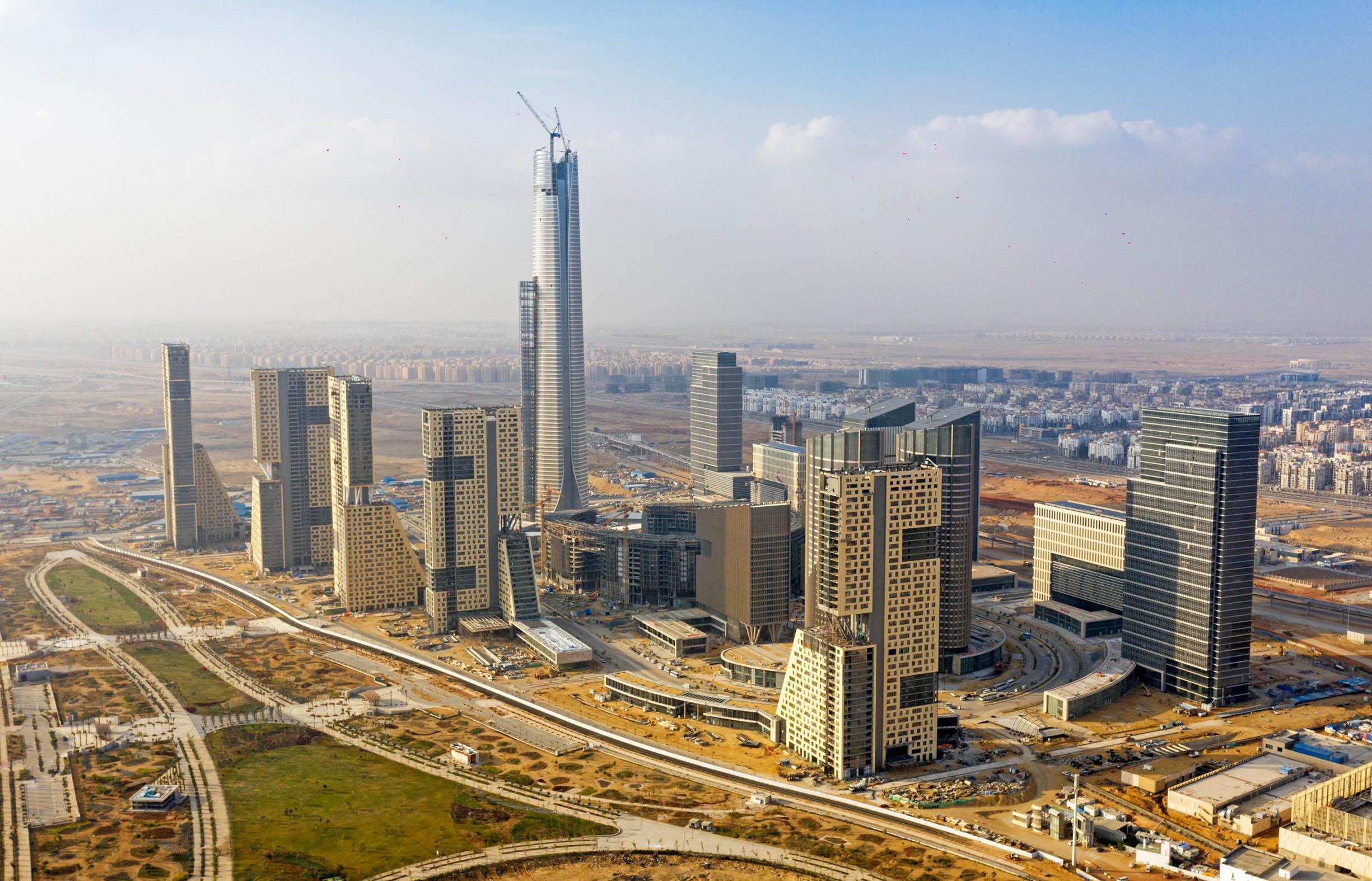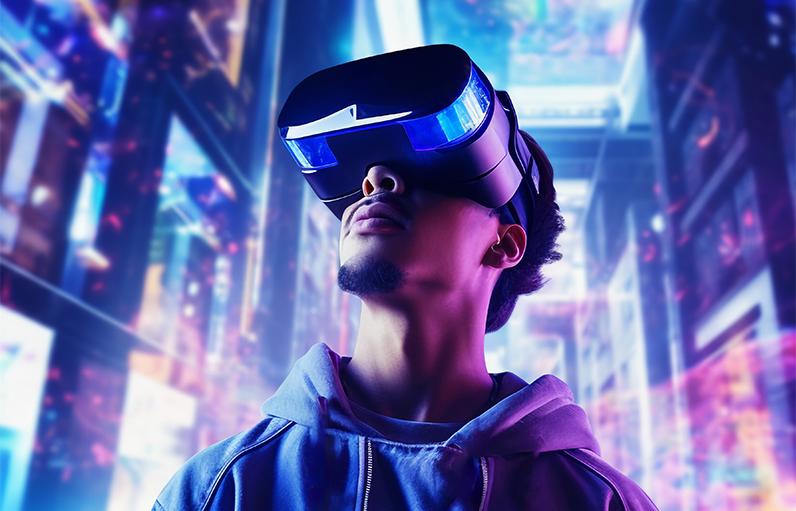
Written by: Farah Hassan
Date: 2024-05-29
The limitless realm of real estate in the Metaverse
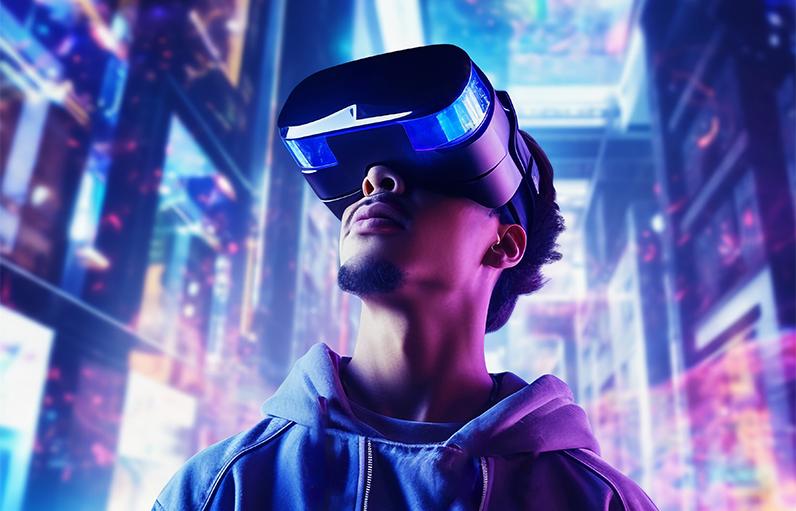
The limitless realm of real estate in the Metaverse
The digital realm is a vast world emerging as the new frontier. As our lives become increasingly intertwined with virtual experiences, the concept of owning and investing in virtual properties is capturing the imagination of tech enthusiasts, gamers, and forward-thinking entrepreneurs alike.
The Metaverse, deciphered
The acronym "metaverse," which dates back to the early 1990s, has evolved from a science fiction idea to rapidly becoming a modern reality. Popularized by science fiction and now materializing as a tangible concept, it refers to a collective virtual shared space that encompasses various interconnected digital worlds. The metaverse is essentially a vast virtual world made up of a network of connected digital areas where people can communicate, socialize, and even do business. It is an immersive environment where individuals can interact, socialize, and engage in a plethora of activities that mirror and expand upon their physical reality. Virtual real estate, a notion that many may find new and perhaps confusing, sits at the core of this metaverse. In this dynamic landscape, the idea behind real estate takes on a whole new meaning, as individuals and businesses seek to establish a presence and carve out their digital territories.
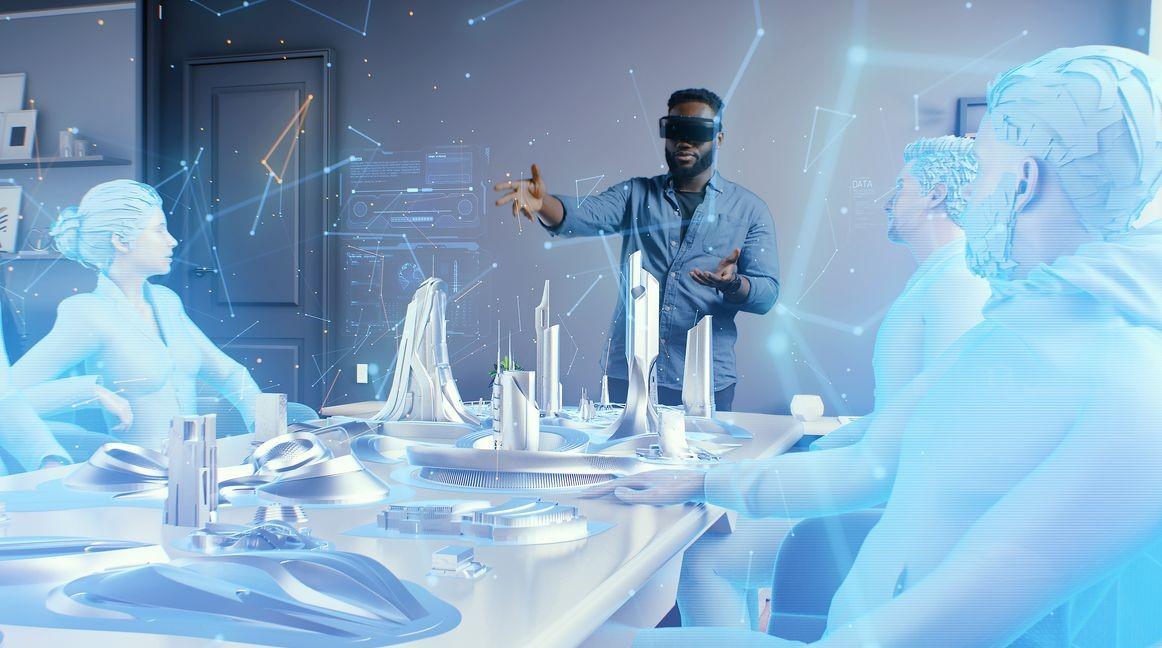
All about Metaverse Real Estate
Real estate is an integral component of wealth creation and a fundamental driver of economic development and holds significance in today's modern society. It permeates every aspect of our lives, as land serves as the foundation for all real estate ventures. Real estate properties in the metaverse are virtual areas where investors can purchase, sell, or rent virtual properties with metaverse tokens or cryptocurrencies. As investment in the virtual world rises, the idea of real estate in the metaverse is growing quickly. Purchasing a non-fungible token (NFT) is the same as investing in the metaverse. In the blockchain system, a unique ID serves as the legal document of ownership. To gain access to virtual-world technologies, the majority of developers and financial institutions have invested in virtual real estate or formed agreements with multiple companies. There are numerous examples of how commercial real estate can interact with the metaverse throughout the creative lifecycle, such as strategic planning, 3D tours of properties or land, acquiring virtual land plots, building information modeling (BIM), and opportunities to reach new consumer contacts and create new channels of footfall. Metaverse real estate presents opportunities for businesses and entrepreneurs looking to establish a digital presence. Companies can set up virtual storefronts, host events, and engage with a global audience in ways that transcend geographical boundaries. Offering a level playing field where startups and established enterprises alike can compete on innovation and creativity, unburdened by physical limitations. However, like any nascent industry, metaverse real estate comes with its own set of challenges and considerations. Property rights, intellectual property protection, and governance frameworks are among the key issues that need to be addressed as the metaverse continues to evolve. Establishing a legal and regulatory framework that ensures transparency, security, and fair practices will be crucial for the long-term stability and trust in this emerging ecosystem.
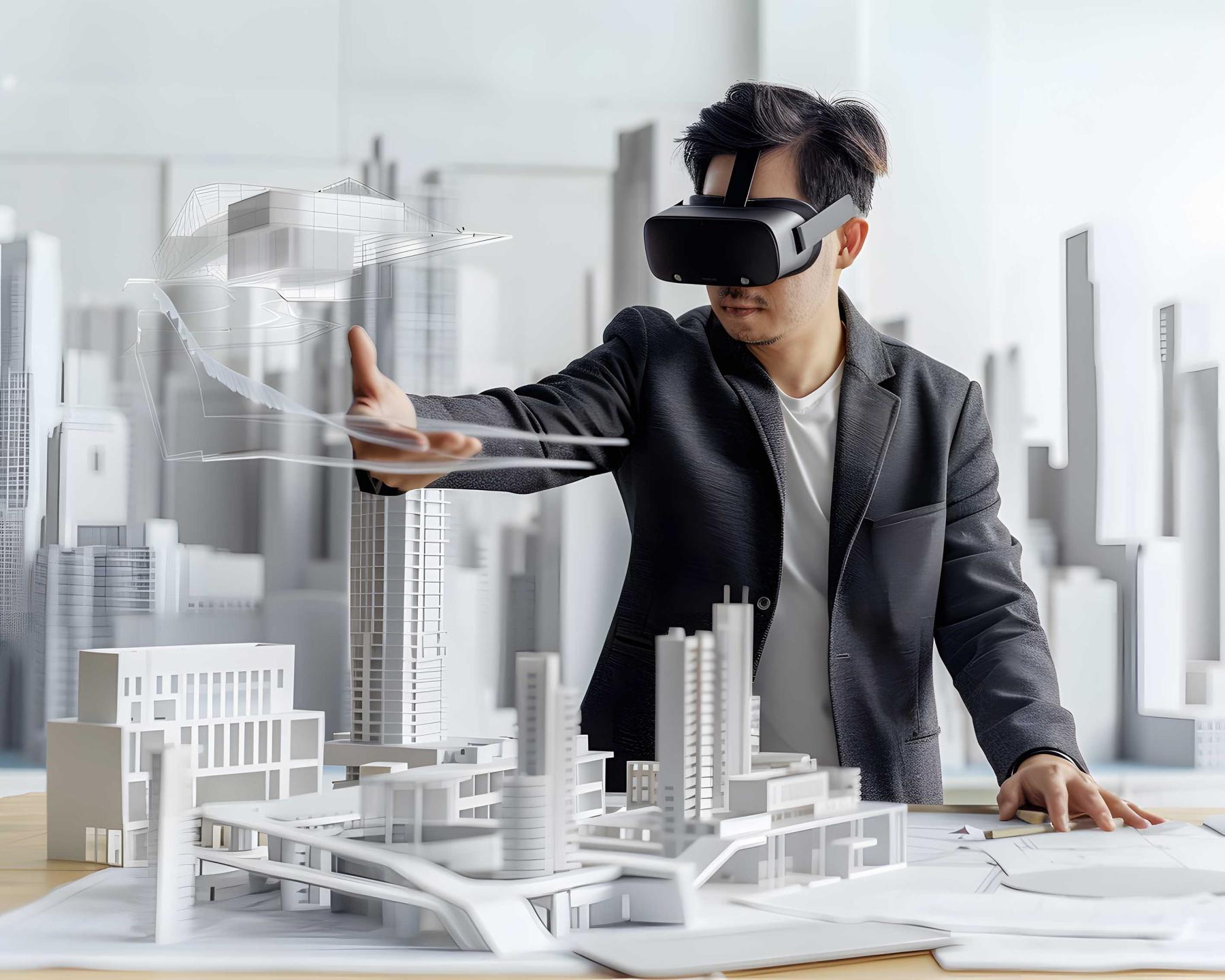
A Virtual Flair
One of the key attractions of metaverse real estate lies in its potential for creativity and self-expression. Just as individuals decorate their physical spaces to reflect their tastes and personalities, virtual properties in the metaverse can be customized and designed to embody the owner's vision. Whether it's a virtual mansion, an otherworldly castle, or a futuristic skyscraper, the possibilities for architectural marvels are limited only by the imagination. Virtual real estate offers a blank canvas for individuals to manifest their dreams and showcase their artistic flair. Despite all of its benefits, metaverse real estate is more than just a matter of taste and individuality. It has important financial ramifications as well. Virtual properties in the metaverse have the same potential to increase in value over time as real properties, making them desirable assets with high rates of return on investment. There will likely be a greater demand for premium virtual destinations and distinctive digital assets as the metaverse ecosystem develops and becomes more widely accepted. Astute investors are already making the most of this new market by purchasing virtual assets with the hope that their value will increase in the future and that they may be able to make money through virtual commerce and advertising.
**The metaverse is not merely a distant dream of science fiction but a tangible reality taking shape before our eyes. As the lines between the physical and virtual worlds blur, the concept of owning and investing in metaverse real estate opens up a world of possibilities. From personal expression and creative exploration to financial opportunities and business ventures, the metaverse is poised to become a transformative force in how we interact, engage, and even invest in the digital realm. As we navigate this uncharted territory, it is essential to approach metaverse real estate with a blend of curiosity, caution, and open-mindedness. The future of this digital frontier holds tremendous potential for innovation, economic growth, and novel experiences. In the metaverse canvas is vast, and the opportunities are limitless.
